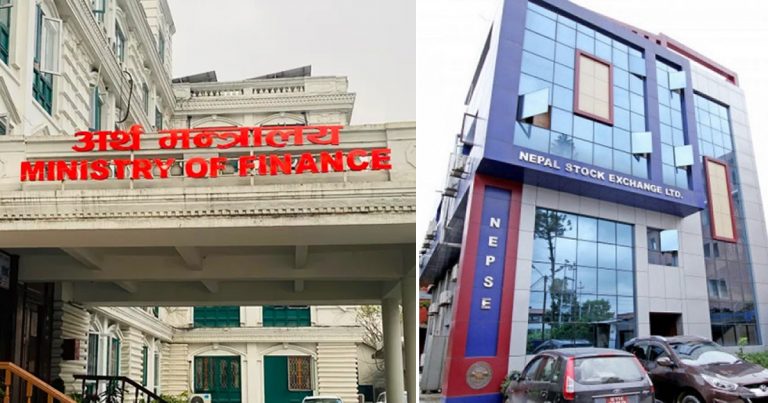Kathmandu: The launch of the Small and Medium Enterprises (SME) trading platform at the Nepal Stock Exchange (NEPSE) has been put on hold for nearly a month due to the government’s delay in appointing a new chairman.
On 16 January 2025, the Securities Board of Nepal (SEBON) implemented the Securities Issuance and Trading Regulations for Small and Medium Enterprises, 2024. To operationalize these rules, NEPSE was required to prepare its own by-laws for SME securities issuance and trading — a draft of which has already been completed.
However, NEPSE has not been able to forward the by-laws to SEBON for approval because the board of directors cannot make a decision without a chairman.
“The chairman’s post at NEPSE has been vacant for a long time. Without the appointment, the by-laws cannot be sent to SEBON for approval,” NEPSE spokesperson Murahari Parajuli said. “Once NEPSE sends them, SEBON will approve, and implementation will begin.”
The draft regulations were prepared by a five-member committee led by Nepal Rastra Bank representative Roshan Kumar Sigdel, formed during the tenure of the previous NEPSE board. But with the Ministry of Finance yet to appoint a new chairman — a position reserved for a joint secretary — the SME platform rollout has been delayed. The chair post became vacant after former chairman Shobhakant Poudel was transferred to the Office of the Auditor General.
Once approved, NEPSE will integrate the rules into its trading system, paving the way for the SME platform’s operation. Under the regulations, an SME must have a minimum paid-up capital of Rs 250 million to be listed, though SEBON may adjust the limit based on market conditions.
Key provisions include the following: At the time of Initial Public Offering (IPO), companies can demand only 50 percent of the share’s face value as an application amount. A minimum application of 500 shares is required for SME IPOs. Share allotment must be completed within 15 days of IPO closure. With Ministry of Finance approval, SEBON may adjust the IPO application limits. Companies can issue between 30 percent and 49 percent of their issued capital. Eligible companies must be public companies with at least one year of operations. Merchant bankers and qualified institutional investors purchasing SME shares cannot sell or transfer them for three years from allotment. Credit ratings may be required at SEBON’s discretion, though IPOs can also proceed without them. Once SEBON approves an IPO plan, the public offering must open within two months.
The SME regulations aim to create a structured capital market pathway for smaller, organized firms, but progress now hinges on the swift appointment of NEPSE’s new chairman.



Comment Here